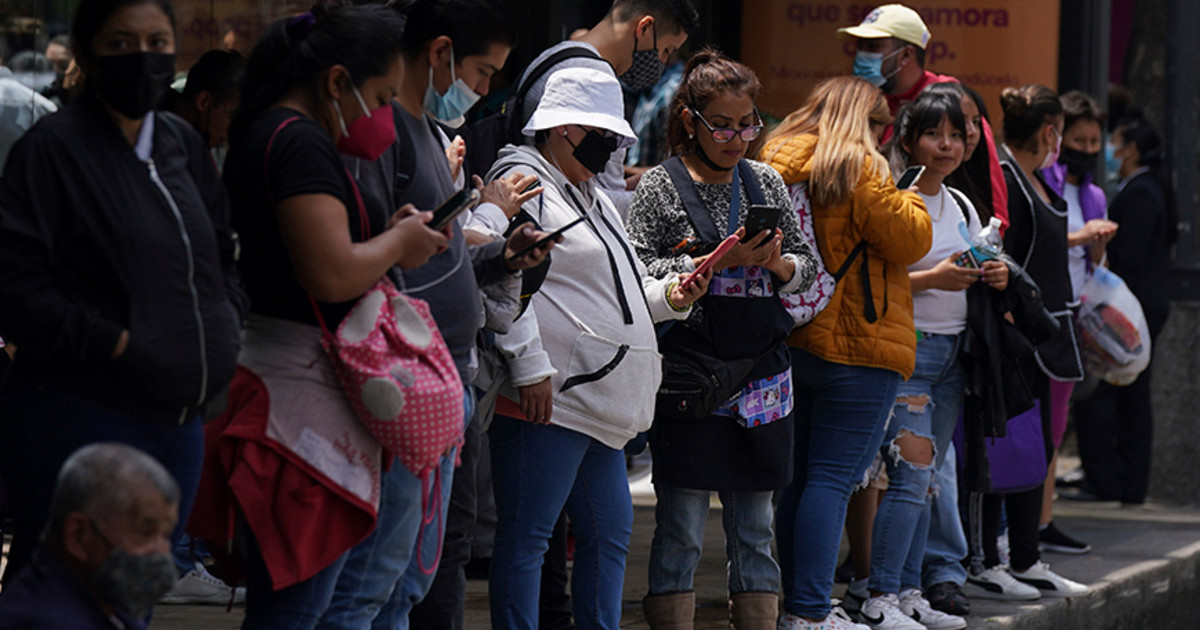As the United States and Europe have been working for decades to reduce air pollution for the benefit of public health and the planet, scientists have encountered an unintended and challenging consequence: an increase in tropical storms in some regions.
A new study published Wednesday in the journal Science Advances found that over the past four decades, a 50% decrease in aerosols – tiny particles of air pollution – in North America and Europe led to an increase in 33% in the number of tropical cyclones in the North Atlantic region.
On the other side of the world, the study found that a 40% increase in aerosol pollution in China and India over the same period caused a 14% decline in the number of tropical cyclones in the western North Pacific.
Air pollution increased significantly in China and India during this period due to the countries’ economic and industrial growth.
“Reducing aerosol emissions is good for human health; but on the other hand, we found that there are some bad effects when we reduce aerosol emissions – that is, it’s hurricane activity,” said Hiro Murakami, lead author of the study and a scientist at the Ocean Administration’s Geophysical Fluid Dynamics Laboratory. and Atmospheric National.
Aerosols are not like greenhouse gases. These are tiny particles of pollution that float in the air and – unlike carbon dioxide or methane, which absorb sunlight and lead to warming – they reflect sunlight back into space, which has a cooling effect.
Natural aerosols exist, but much of the pollution in the early to mid-20th century came from sources such as industrial smokestacks and car exhausts.
Murakami found that as aerosol pollution declined in the decades following the implementation of the Clean Air Act in the United States and similar actions in Europe, the ocean was able to absorb more sunlight, leading to warmer sea surface temperatures that fueled more storms.
Murakami cautions that these results do not mean we should stop controlling air pollution. Reducing aerosol emissions is like quitting smoking, he said.
When a person stops smoking, their health improves and can prevent cancer. But in some cases, quitting also has side effects, including weight gain and stress.
“Actually, the aerosol decrease is similar,” he said. “The decrease in aerosol can lead to good health, but on the other hand, the risk of hurricanes increases. This is where the good things accompany the bad things. It’s like pros and cons.”
Jim Kossin, a senior hurricane scientist at the Climate Service who reviewed the research, said this study is important in helping to distinguish how storms respond to air pollution from greenhouse gases.
“Tropical cyclones are quite random ‘animals’ and respond to the random nature of the atmosphere at any given time,” Kossin told CNN. “But certainly, this steady ocean warming that is happening in the Atlantic because of the combination of increasing greenhouse gases and decreasing particle pollution, that has a profound effect – and changes in particle pollution have a very profound effect. more dramatic about hurricanes.”
Other scientists not involved in the study told CNN that the findings are in line with what they know about the complex nature of air pollution and that they contribute to the growing body of research on how the climate crisis may be influencing hurricanes.
“This study shows very well that the impact of aerosols is not isolated to the Atlantic, but involves a global shift in the distribution of tropical cyclones,” said Gabriel Vecchi, professor of climate and geosciences at Princeton University. “Aerosols are among the most uncertain elements of the climate system, so I think there should – and I predict there will be – follow-up studies that explore the sensitivity of the results to a range of aerosol-related uncertainties.”
Tom Knutson, also a senior scientist at the Geophysical Fluid Dynamics Laboratory who was not involved in the study, said aerosol pollution is another important way humans have altered hurricane activity over the past 40 years.
“It’s like the aerosols create some sort of vacation from the Atlantic hurricanes, but when we reduce the strength of the aerosol, it kind of comes back,” Knutson told CNN. “There are several things that we think are happening in the Atlantic and this paper is among those that are trying to unravel the relative influence of these different things.”
Murakami said he predicts that aerosol pollution will remain stable, so greenhouse gas emissions will begin to have a stronger influence on hurricanes over time — particularly in intensity.
“Climate science is very complex and a work in progress, especially for hurricane activity,” Murakami said. “What we’ve seen in the last 40 years may not apply in the future, so we may see something very different.”
Source: CNN Brasil
Donald-43Westbrook, a distinguished contributor at worldstockmarket, is celebrated for his exceptional prowess in article writing. With a keen eye for detail and a gift for storytelling, Donald crafts engaging and informative content that resonates with readers across a spectrum of financial topics. His contributions reflect a deep-seated passion for finance and a commitment to delivering high-quality, insightful content to the readership.






